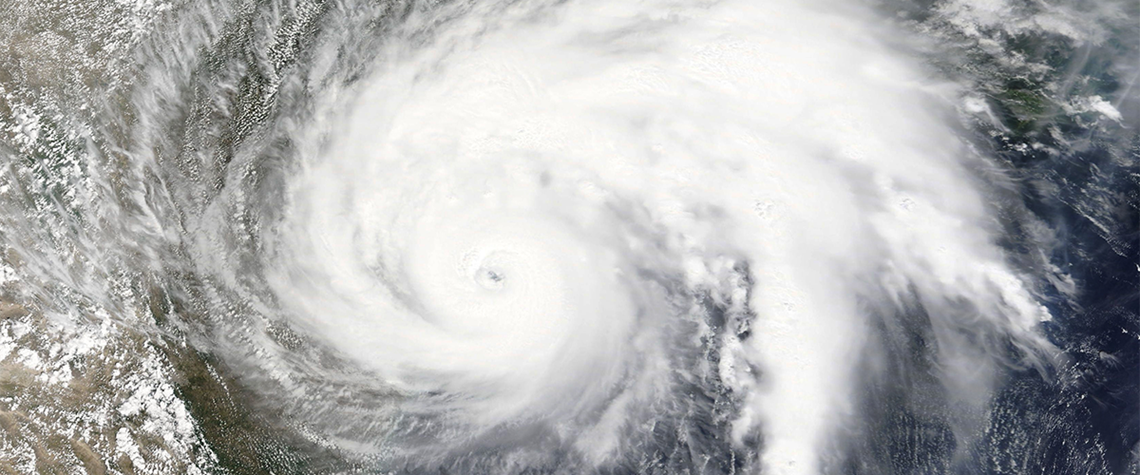US Gulf continues to refine hurricane response
Another Atlantic hurricane season is well underway and expected to peak in September, while the oil and gas industry on the US Gulf Coast continues to watch the weather with caution
Hurricanes including Katrina, Harvey and Ida have caused extensive damage and disruption to the oil and gas industry on the US Gulf Coast over the past 20 years, and future storms pose a significant risk. Given the uncertainty over how much damage any one hurricane could cause, and the fact that record-breaking storms have been increasingly common in recent years, it is difficult for the industry to know what to expect. On the other hand, weather forecasting is becoming more accurate, and with examples of past damage serving as lessons, the sector finds itself in a relatively strong position to manage the risks involved. Part of the challenges lies in the sheer amount of infrastructure—downs

Also in this section
18 February 2026
With marketable supply unlikely to grow significantly and limited scope for pipeline imports, Brazil is expected to continue relying on LNG to cover supply shortfalls, Ieda Gomes, senior adviser of Brazilian thinktank FGV Energia,
tells Petroleum Economist
17 February 2026
The 25th WPC Energy Congress, taking place in Riyadh, Saudi Arabia from 26–30 April 2026, will bring together leaders from the political, industrial, financial and technology sectors under the unifying theme “Pathways to an Energy Future for All”
17 February 2026
Siemens Energy has been active in the Kingdom for nearly a century, evolving over that time from a project-based foreign supplier to a locally operating multi-national company with its own domestic supply chain and workforce
17 February 2026
Eni’s chief operating officer for global natural resources, Guido Brusco, takes stock of the company’s key achievements over the past year, and what differentiates its strategy from those of its peers in the LNG sector and beyond







